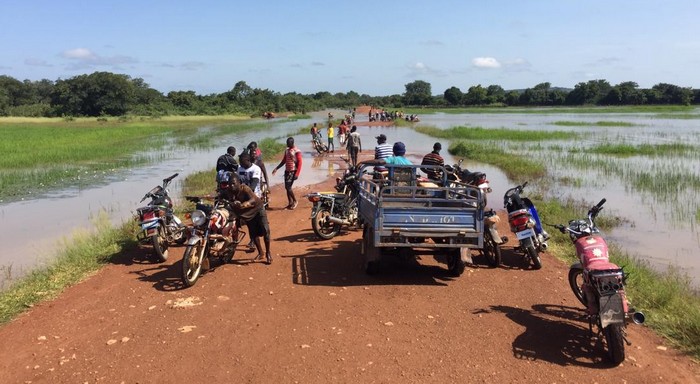Thousands of villagers and amateur fishermen gathered this week on the edge of Norassoba, a quiet community in Upper Guinea, to take part in Noradala, a centuries-old collective fishing tradition that marks the beginning of the rainy season.
The sacred lagoon, untouched for an entire year, came alive as young men formed a cordon around the waterbody, regulating access for what many describe as the most important cultural event in the sub-prefecture.
“It is a very old tradition in our village and that is why it’s still going on. Whether it is a wedding or a baptism, we organise everything around it. It is the major annual event for us and for our children,” said village elder Bangaly Traoré.
Dating back to the 14th century, Noradala remains a symbol of unity and communal identity. Fishermen arrive from far and wide, while local youth maintain order and ensure festivities unfold peacefully.
“The collective fishing is done in peace and joy. It goes smoothly without fights,” explained Moussa Camara, one of the young organisers. “It’s even more important than Eid. If we all get along and hold hands, we can have strength.”
Yet, behind the excitement lies growing concern.
The pond, central to the celebration, has been shrinking year after year. As water levels drop and fish stocks dwindle, local elders are worried about the future of their cherished tradition.
“We want to protect and develop this hand [heritage]. Because it’s part of our historical and cultural heritage,” said elder Maramany Cissé, calling for conservation efforts.
As dusk fell, the sound of jubilant crowds faded. Many fishermen returned home empty-handed, already setting their hopes on a more fruitful Noradala in 2026.
Despite ecological anxieties, the spirit of the festival endures—anchoring Norassoba in its past while challenging it to safeguard its future.




1 kommentti
This was beautiful Admin. Thank you for your reflections.